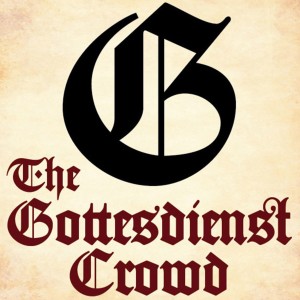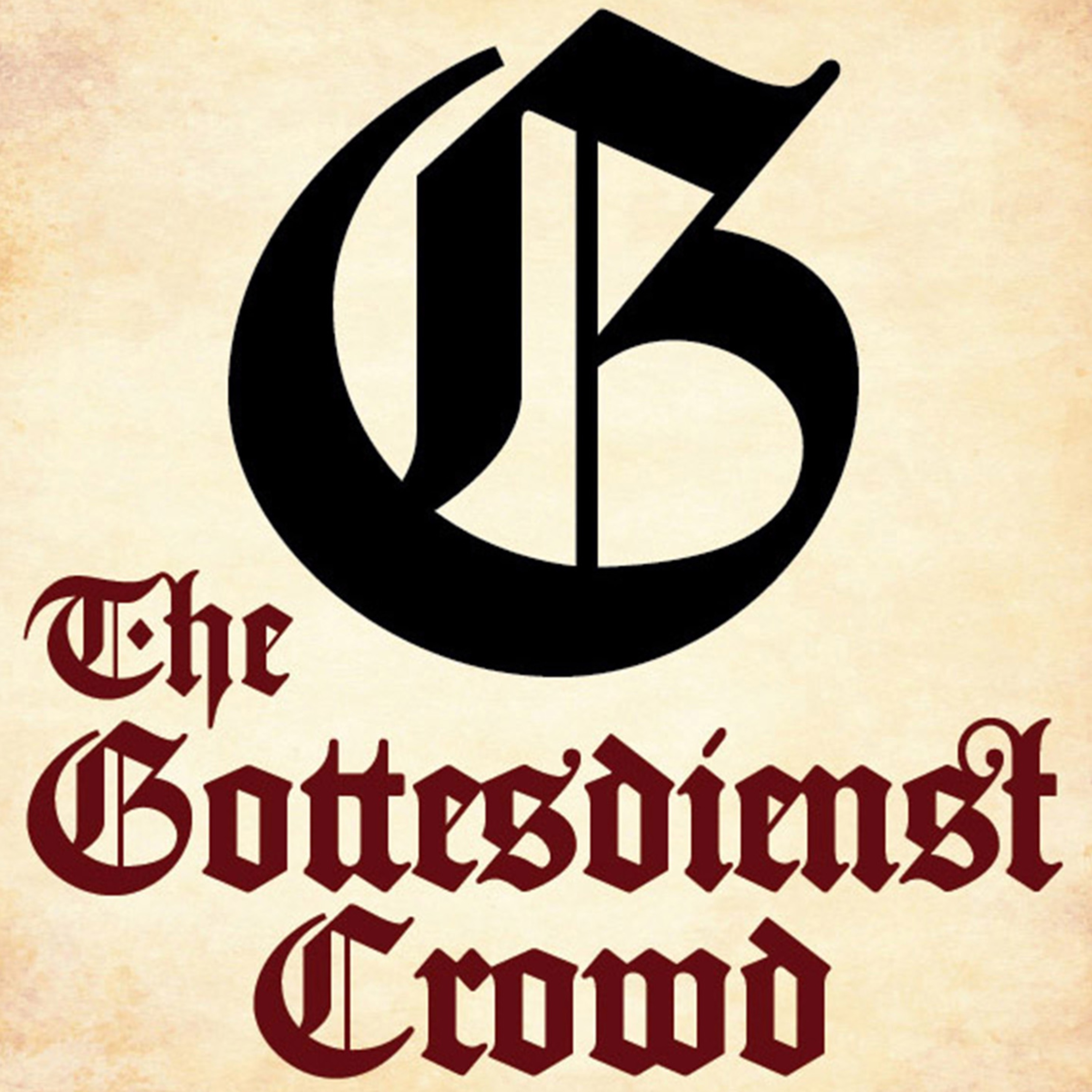Episodes

Monday Oct 24, 2022
TGC 229 — Thinking Out Loud (Reformation)
Monday Oct 24, 2022
Monday Oct 24, 2022
Two pastors thinking out loud about the upcoming Gospel reading. This episode is devoted to the Epistle reading for The Commemoration of the Reformation, Romans 3:19–28.
Read the rest of this entry »
Wednesday Oct 19, 2022
TGC 228 — Living With No Names
Wednesday Oct 19, 2022
Wednesday Oct 19, 2022
The last time we spoke, Adam Koontz mentioned that the family used to be the place where all the things for Christian living and living in general were passed down. But we live in a culture with no names for things. And we live a culture with no names because we as the church lack a robust modern articulation of the theology of creation and the created order and the wisdom found in that order.
You can hear more from Koontz here:
- A Brief History of Power with Jonathan Fisk
- Word Fitly Spoken with Willie Grills and Zelwyn Heide
Host: Fr. Jason Braaten
Regular Guest: Fr. Adam Koontz
Read the rest of this entry »
Monday Oct 17, 2022
Monday Oct 17, 2022
Two pastors thinking out loud about the upcoming Gospel reading. This episode is devoted to the Gospel reading for The Feast of James of Jerusalem, Brother of Jesus and Martyr, Matthew 13:54–48.
Read the rest of this entry »
Wednesday Oct 12, 2022
TGC 226 — Truth of Myth
Wednesday Oct 12, 2022
Wednesday Oct 12, 2022
The devil doesn’t have his own stories. Rather, he must steal and modify the only true story that God reveals in his word. In the most recent journal, Fritz argues for the truth of myth, that all mythology is modeled after the greatest story ever told.
Read the rest of this entry »
Monday Oct 10, 2022
TGC 225 — Thinking Out Loud (Trinity 18)
Monday Oct 10, 2022
Monday Oct 10, 2022
Two pastors thinking out loud about the upcoming Gospel reading. This episode is devoted to the Gospel reading for The Eighteenth Sunday after Trinity, Matthew 22:34–46.
Read the rest of this entry »
Wednesday Oct 05, 2022
TGC 224 — Jonathan As Example
Wednesday Oct 05, 2022
Wednesday Oct 05, 2022
In our three sessions about Resisting the Government, Ramirez brought up Jonathan, friend to David and son of Saul the King, as an example of when the different estates begin to encroach upon one another. In this episode, Ramirez takes up these examples, and more, of how the Bible through Jonathan teaches us to respond in faithfulness to our callings when this happens.
Host: Fr. Jason Braaten
Regular Guest: Fr. David Ramirez
Read the rest of this entry »
Monday Oct 03, 2022
TGC 223 — Thinking Out Loud (Trinity 17)
Monday Oct 03, 2022
Monday Oct 03, 2022
Two pastors thinking out loud about the upcoming Gospel reading. This episode is devoted to the Gospel reading for The Seventeenth Sunday after Trinity, Luke 14:1–11.
Read the rest of this entry »
Wednesday Sep 28, 2022
TGC 222 — A Defense of Equity
Wednesday Sep 28, 2022
Wednesday Sep 28, 2022
Much ink has been spilled over the political topic of equity. Some from the church has supported the modern understanding, while others have rejected the term altogether. Andrew Preus argues that it’s our term and we should not give it up to the progressive left but fight to keep the biblical understanding of equity for the good of the church and the world.
Host: Fr. Jason Braaten
Special Guest: Fr. Andrew Preus
Read the rest of this entry »
Monday Sep 26, 2022
TGC 221 — Thinking Out Loud (Trinity 16)
Monday Sep 26, 2022
Monday Sep 26, 2022
Two pastors thinking out loud about the upcoming Gospel reading. This episode is devoted to the Gospel reading for The Sixteenth Sunday after Trinity, Luke 7:11–17.
Read the rest of this entry »
Wednesday Sep 21, 2022
TGC 220 — Book Talk: Reu’s Homiletics
Wednesday Sep 21, 2022
Wednesday Sep 21, 2022
In this Book Talk, Matt Moss walks us through the book Homiletics: A Manual of Theory and Practice of Preaching, by J. Michael Reu.
Host: Fr. Jason Braaten
Special Guest: Fr. Matt Moss
Read the rest of this entry »
